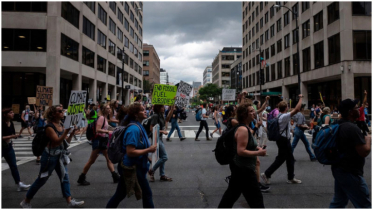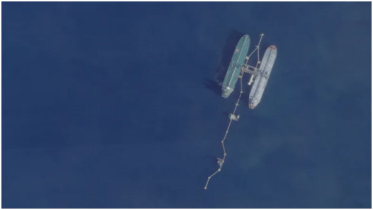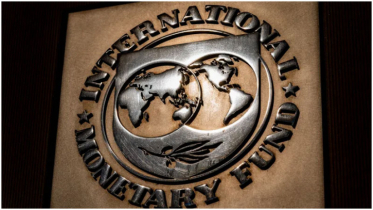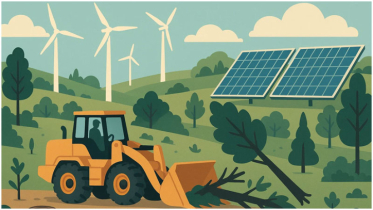India's G20 presidency and the gumption of enterprise
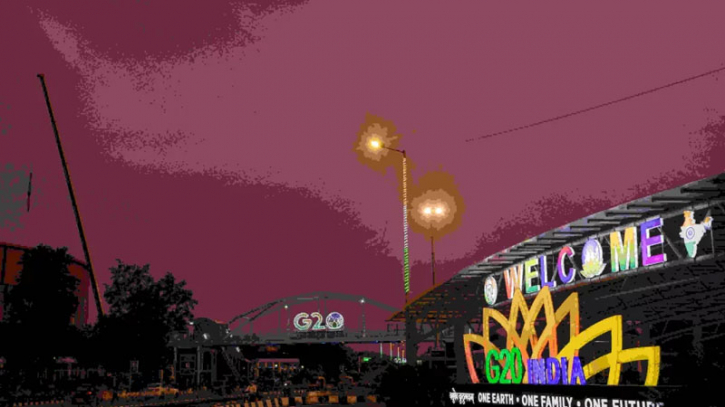
The week to the summit on September 9 to 10 will see a build up to the climax in New Delhi of India’s presidency of the G20, the group of 20 that represents the most developed, most populous, as well as developing countries with significant strategic and economic footprints. Together, they seek to move and shake the world and to set its economic and development agenda, at least on paper -- and permit the host country to show off.
For developed nations that play host, there is usually little media hoopla about G20 except around the actual summit, and even then it’s a preserve of foreign policy writers and analysts.
For developing countries it’s a much bigger deal. Indonesia, which carried the presidency of G20 for a year to November 2022, benefitted from a valuable tourism and business rub-off after the lean Covid years. India took over the presidency in December 2022, and will hand over the presidency to Brazil this December. It’s a rare troika of the so-called Global South; the past, present and future presidencies collaborate on continuity of agenda. It will transition to another rare Global South troika with South Africa due to take over from Brazil in December 2024.
It will be a shame if India’s presidency is not remembered for its leitmotif, Vasudhaiva kutumbakam -- the Sanskrit phrase stretchily interpreted as “One earth, one family, one future” -- but for the nuances of a phrase in Mandarin. Mei You Ban Fa. No way, or no way out. Or, the situation cannot be changed.
As India and its prime minister prep for the G20 prom over September 9 to 10, the showpiece event will be shadowed by the absence of China’s president, Xi Jinping, and his Russian colleague, Vladimir Putin. Few expected Putin, who has shunned multilateral summits since Russia’s onslaught on Ukraine escalated in February 2022, to be there; Putin deputed his foreign minister Sergey Lavrov to stand in as proxy for the BRICS Summit in Johannesburg in August and will do so again for the G20 meeting in New Delhi.
Xi’s encounters with Modi since the flaring up of contention and conflict along India’s border with China in May 2020 have remained studiedly distant. India has also robustly engaged with the Quad, or the Quadrilateral Security Dialogue that, along with the United States, Japan, and Australia is today a transparent counter to China’s maritime and strategic outreach. Quad members, in particular Japan and the US, have also in the past months stepped up optics for an India-led economic transformation of South Asia -- barring Pakistan, which is deeply and strategically tied to China.
Last week, China released its updated official map that, alongside claiming much of the South China Sea literally as China’s sea, placed India’s eastern state of Arunachal Pradesh, and sections of Ladakh and Aksai Chin -- which China actually controls -- as belonging to China. It also laid claim to the strategic Doklam area located in north-western Bhutan, and just to the east of Sikkim in India. India’s foreign minister, Subrahmanyam Jaishankar -- formerly India’s foreign secretary and also a former ambassador to China -- termed it “absurd.” In turn, Chinese foreign ministry spokespersons suggested India and others refrain from “over-interpreting” the matter and see the map in an “objective and rational way.”
Here one could employ another phrase in Mandarin: Mei You Guan Xi. It doesn’t matter. There is no relationship. What you’re talking about and what I am referring to are not related.
But that would be far from the truth.
The India-China shadow has now cast itself across South Asia although it is as yet not as extreme as the India-Pakistan shadow that has destroyed the idea of Saarc or South Asian Association for Regional Cooperation, and led India and some other South Asian countries to seek various partnerships by excluding Pakistan. Similarly, Nepal, Bangladesh, Sri Lanka, and the Maldives are continuously balancing their relationship with the hyphenation of India-China.
This presidency’s benefit to G20 will be debated for some time -- as in contributions beyond the sort that call for quaffing Dom Perignon or Hennessy after agreeing on platitudes, or sub-clauses and communiques in numbing diplomatese, or underscoring feel-good concepts like “just transitions,” that climate crisis buzz-phrase now transitioned into a global meal ticket for numerous NGOs. The Bali Declaration from November 2022 is now largely comatose. Essentially, just words of good intention piled on words, and justification for top-level junketeering now stressed by all the cracks in geo-political and geo-economic Venn diagrams that have the G7, emerging markets, China and its outliers versus US and its allies, India versus China, Russia versus Nato, Russia with China, and dozens of other shape-shifting alliances which are all represented in one way or another in G20.
Russia’s ambassador to India has already fired the second shot -- if Xi’s absence in New Delhi can be counted as the first -- that could make G20’s New Delhi Declaration a trickier than usual exercise. “Unfortunately, Indian Presidency in G20 has experienced very strong pressure from some countries who in Russia’s opinion hijacked the G20’s agenda making the Ukrainian crisis as one of the top issues,” Denis Alipov said on September 1 during an interaction at the Foreign Correspondents’ Club of South Asia in New Delhi. “G20 should focus on economic issues and finance but since last year it was decided by some members of the group to discuss political issues within the G20 -- something that we do not accept.” Alipov’s statement was directed at the G20 Bali Leaders’ Declaration, which, to Russia’s discomfiture, included such content: “ … deplores in the strongest terms the aggression by the Russian Federation against Ukraine and demands its complete and unconditional withdrawal from the territory of Ukraine.”
India has a deep relationship with Russia, including defense and the veto-laden, fractious diplomatic arena of the United Nations. In 2022, Russia emerged as India’s third largest source for crude oil after Iraq and Saudi Arabia, coming from next-to-nothing to displacing UAE to the fourth spot. By mid-2023, Russian crude, now at number one, accounted for more than 40% of all crude imports. It will be interesting to see how India finesses the New Delhi Declaration.
All this is not to detract from India’s moment in the sun with its G20 presidency. By all accounts it has proved to be staggeringly successful from an organizational and public relations perspective, with nearly 200 events hosted across more than 30 cities across the length and breadth of India. It even managed to host a G20 working group meeting on tourism in Srinagar in May 2023 -- skipped by China -- and leverage it for optics in an attempt to prove normality had returned to that stressed territory. (India was also fortunate that a G20 interface with businesses in February, in Imphal in Manipur state, took place scant months before, in May, ethnic violence erupted there and governance collapsed.)
India also initiated regional outreach. India formally invited Bangladesh to G20 as its only guest from South Asia. Bangladesh has a seat at the high table with India’s other G20 guests: Egypt, Mauritius, Netherlands, Nigeria, Oman, Singapore, Spain, and the United Arab Emirates.
So we wish the summit well with another phrase in Mandarin: Mei You Wen Ti. There is no problem.
But with South Asia’s ongoing geo-political and geo-economic pressures, another interpretation could be at hand: Your problems have just begun but we don’t know how to tell you.
Source: Dhaka Tribune
.png)

